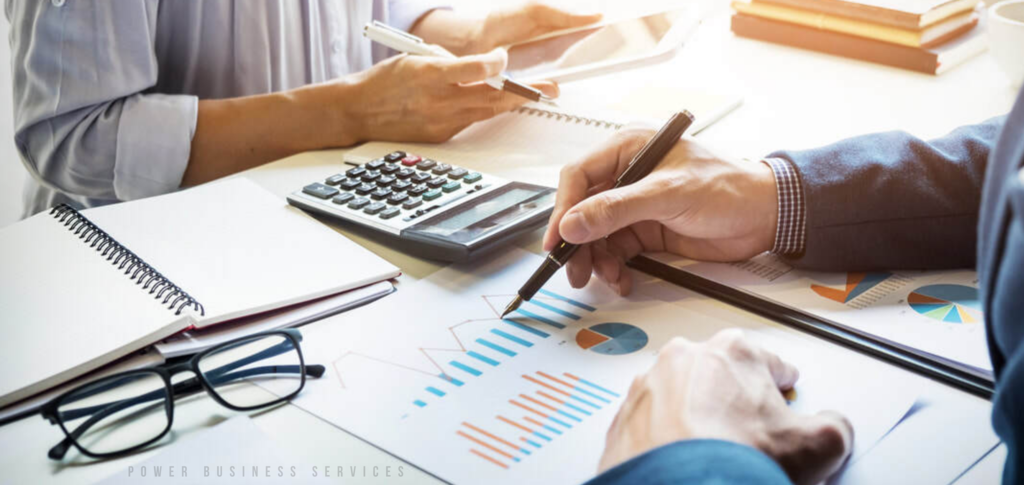VAT & Auditing

VAT is a tax paid by businesses on their sales. The reason businesses charge VAT is because if a business sells something to a business, they can deduct the VAT they pay on the supplies they buy. VAT accounts are the same as an individual account holder. The difference is VAT is a business that has no taxes on it. It gives you the same account but instead of having your wages on it, it has your profits.
VAT audit is the process of comparing the financial data that is used in the VAT computation with the physical records like invoices, purchase bill etc. and then making a statement that the information used in the computation of the VAT is in agreement with the records.
VAT stands for value added tax. It is charged when a product or service in bought or sold. For businesses and organizations, VAT is a tax on the end-user. The tax is also classified as consumption tax. VAT is a progressive tax, which means that it is based on the value of the good or service. It is an indirect tax, which means that it is collected from the businesses and sent to the government. VAT is usually a percentage of the selling price, but this tax varies with the country.
Why manage a VAT audit of your company?
VAT audit is a process of bringing your company’s VAT compliance up to standard. VAT stands for Value-Added Tax, which is a tax on goods and services that are sold to your customers. It is a very broad tax, so basically any business transaction will be subject to paying VAT to their government. VAT audit is important, because it ensures that the tax you change your customers is accurate and the tax you pay to the government is accurate. This is vital because an inaccurate VAT audit could result in fines and penalties.
Documents required for VAT & audit:
- TRADE LICENSE SCAN COPY
- SPONSORS EMIRATES ID SCAN COPY
- SPONSORS PASSPORT SCAN COPY
- PARTNERS EMIRATES ID SCAN COPY
- PARTNERS PASSPORT SCAN COPY
- MOA OR PARNTERS AGREEMENT SCAN COPY
- COMPANY BANK ACCOUNT DETAILS (BANK NAME, BANK ADDRESS AND BRANCH, ACCOUNT NUMBER) & IBAN NUMBER
- SALES OR PURCHASES INVOICES MORE THAN AED.187,500/-
- EMIL ID
- MOBILE NUMBER
- COMPANY ADDRESS
Process of VAT & audit:
- VAT Audit Procedure VAT Audit is the process of the verification that the tax-payers have utilized the VAT in compliance with the law.
- This process is done by a Chartered Accountant by comparing the VAT Returns filed by the taxpayer with the supporting documents like purchase invoices, supply bills etc.
- In order to minimize the risk of error in the tax accounting, the auditor may seek the facilities of computerized databases to verify the supplier’s name, VAT number, last date of registration etc.
- The Chartered Accountant will verify the correctness of the VAT Returns filed by the taxpayer.
- He will verify whether the VAT has been paid by the taxpayer on the taxable supply made by him.
- He will verify whether the VAT has been claimed on the purchases made by the taxpayer.
- If the tax-payers fail to prove the inputs have been purchased by him, the Chartered Accountant would report to the concerned authorities in order to take the necessary action against the tax-payers.
Purposes of VAT & Auditing:
VAT is a tax that is applied on the value-added. In the context of an organization, this value is obtained by adding the quantity of goods acquired from a previous stage of production to the price of the goods sold to a next stage of production. VAT gets collected by the government. The VAT is based on the concept of tax on consumption. It requires that the tax be paid on each and every value addition.
There are four main purposes of VAT:
- To raise revenue for the government.
- To ensure a level playing field for business, by taxing all businesses at the same rate.
- To make sure that businesses do not avoid paying tax.
- To improve tax compliance by making the VAT system simpler.
- VAT is excellent as a source of revenue, because it is a tax on consumption.
- This means that VAT is collected when the goods are purchased by the consumer, not when they are sold to another business.
- The main purpose of auditing is to ensure that a business has a sound set of books, effectively records transactions and complies with laws.
- Auditors also verify that the books match what's on the balance sheet.
Need Help? Call us now:
+971509956972
Monday – Saturday:
9.00 to 22.00
